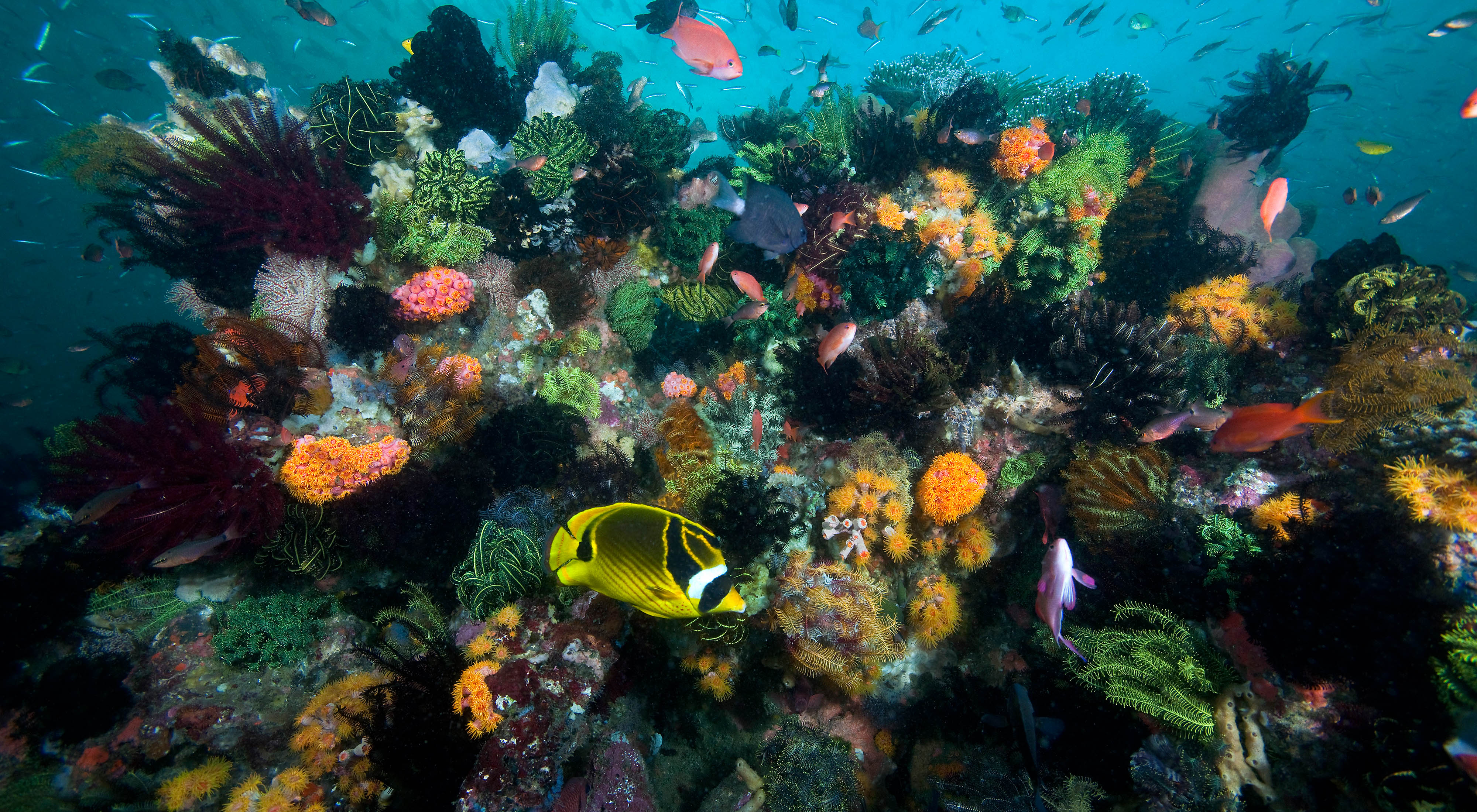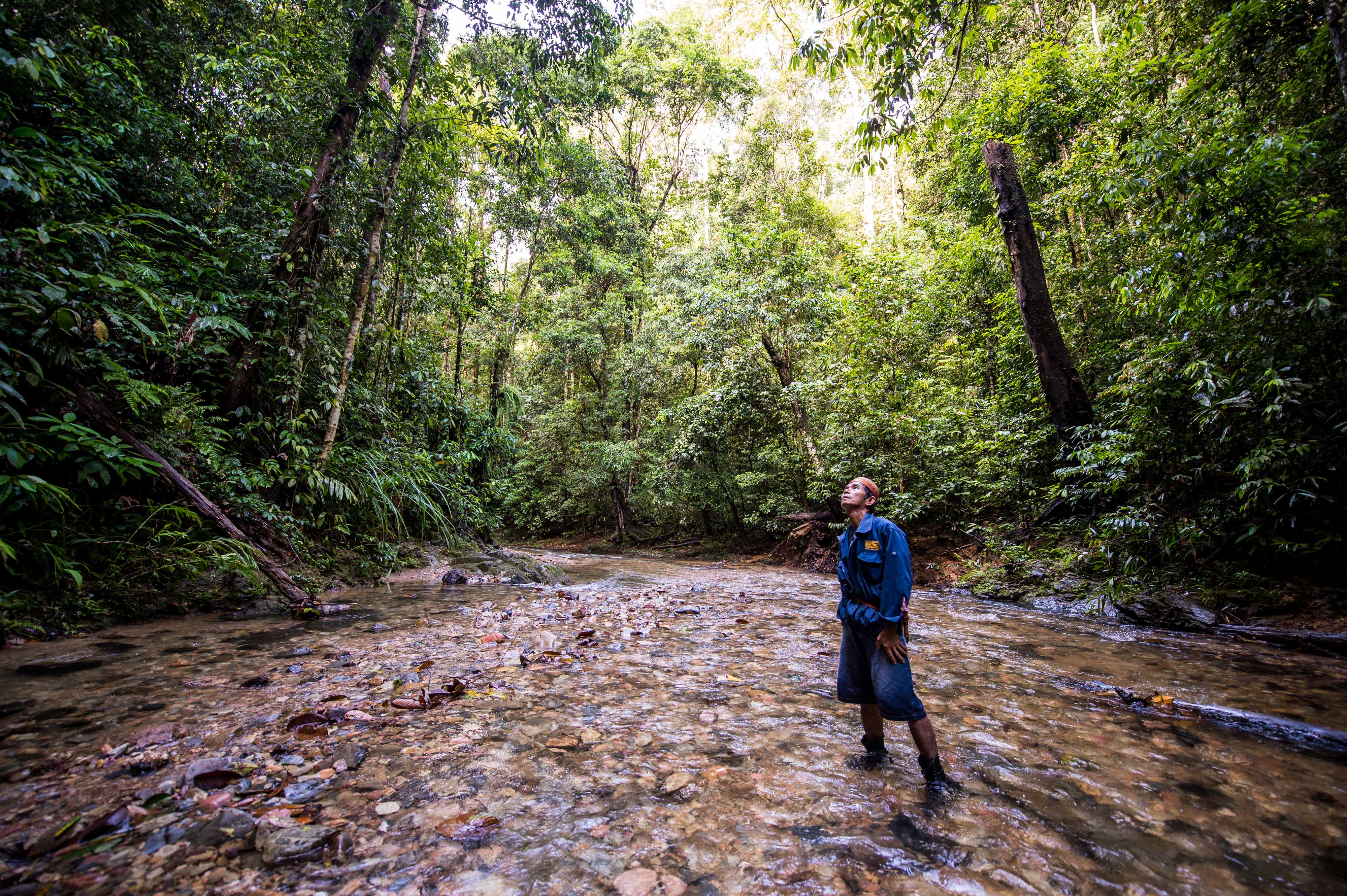Indonesia's Oceans and Coasts
Indonesia’s thousands of miles of coastline represent some of the world’s most crucial marine ecosystems.
Support Our Work in Indonesia
Together, we can ensure the protection of Indonesia's valuable ocean resources.
Donate NowProtecting Indonesia's Rich Marine Biodiversity
The largest archipelagic country in the world, Indonesia also has the fourth largest population. In addition, it is one of the most vulnerable nations to natural disasters. Indonesia’s coastlines—where 60 percent of the population lives—are threatened by sea level rise and increased frequency of extreme weather events associated with climate change. Coastal ecosystems are also threatened by unsustainable infrastructure development and unsustainable natural resource exploitation. Together, these threats impact community health and livelihoods, degrade biodiversity, and create economic instability.
Indonesia’s economic growth strongly relies on these ocean and coastal economic sectors, making it necessary to design adaptation and mitigation strategies that support rather than compete with this “blue economy.” The Indonesian government is prioritizing the maintenance and restoration of healthy ocean ecosystems—including mangroves, marshes, seagrasses and coral reefs—that provide a cost-effective way to protect communities from catastrophic storms and floods, as well as maintain essential fish habitat, water filtration and carbon sequestration.
Yayasan Konservasi Alam Nusantara (YKAN), The Nature Conservancy’s main partner in Indonesia, is building on over 20 years of experience working with partners in the country to help supply the many needs of a growing population while addressing risks from a changing climate and providing habitat for a rich array of species.
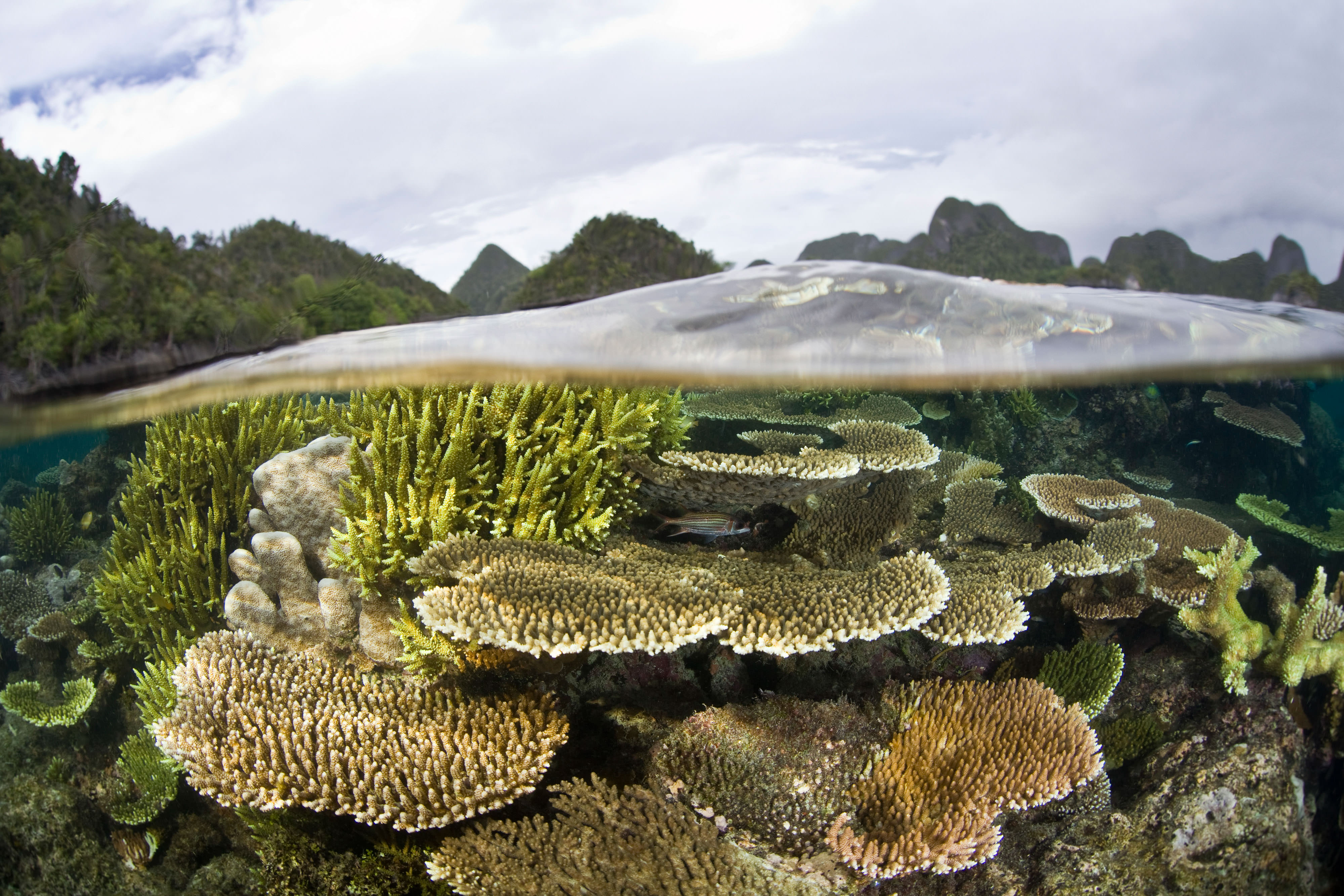
Our Strategies
TNC will support YKAN's goal through these four strategies:
-

Blue Economy
Support communities in attaining economic benefits as they protect oceans
-
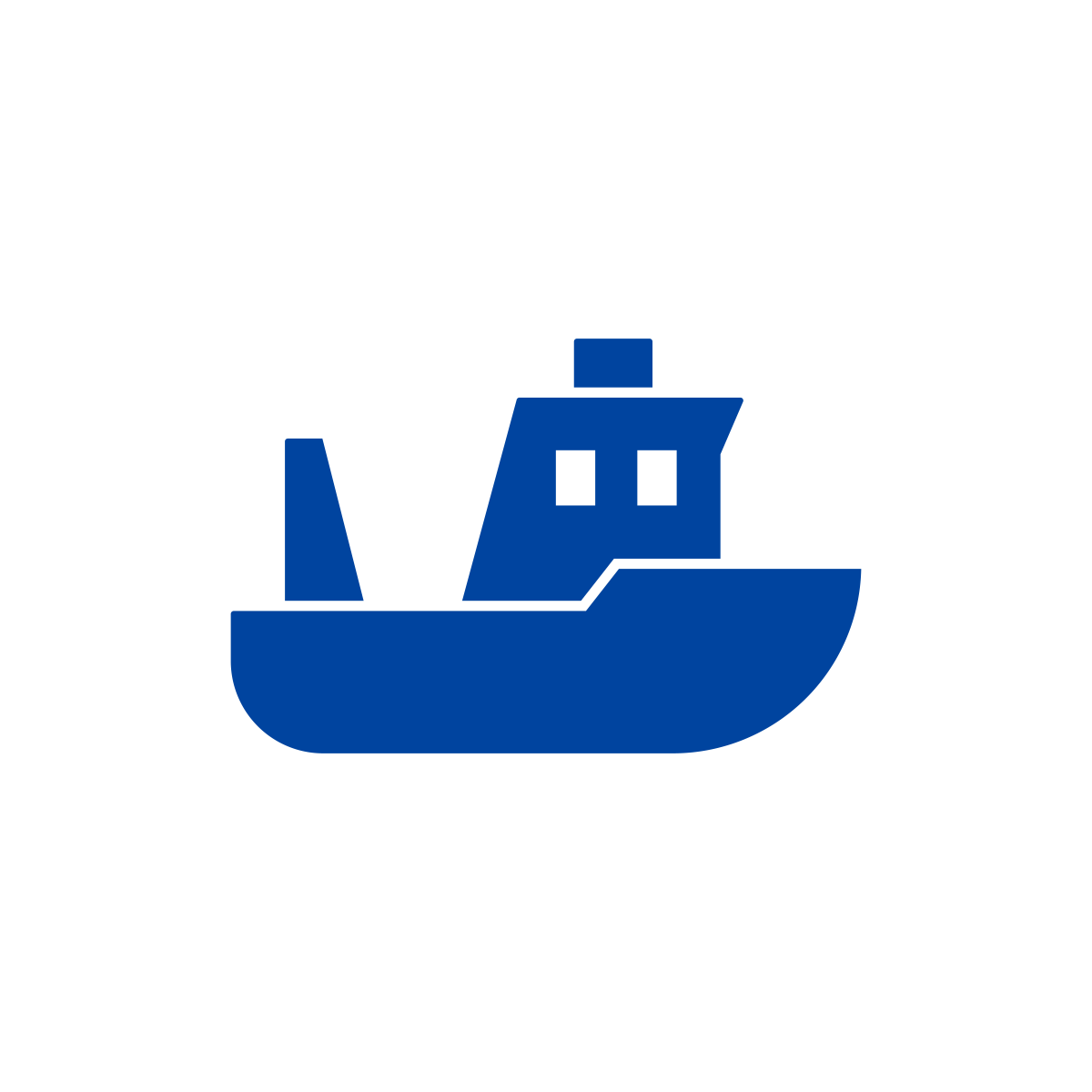
Sustainable Fisheries
Provide technical assistance to the government and communities as they work to maintain sustainable levels of fishery resources
-

Coastal Resilience
Introduce and encourage nature-based solutions to address climate change and reduce the risk of natural disasters in Indonesia
-
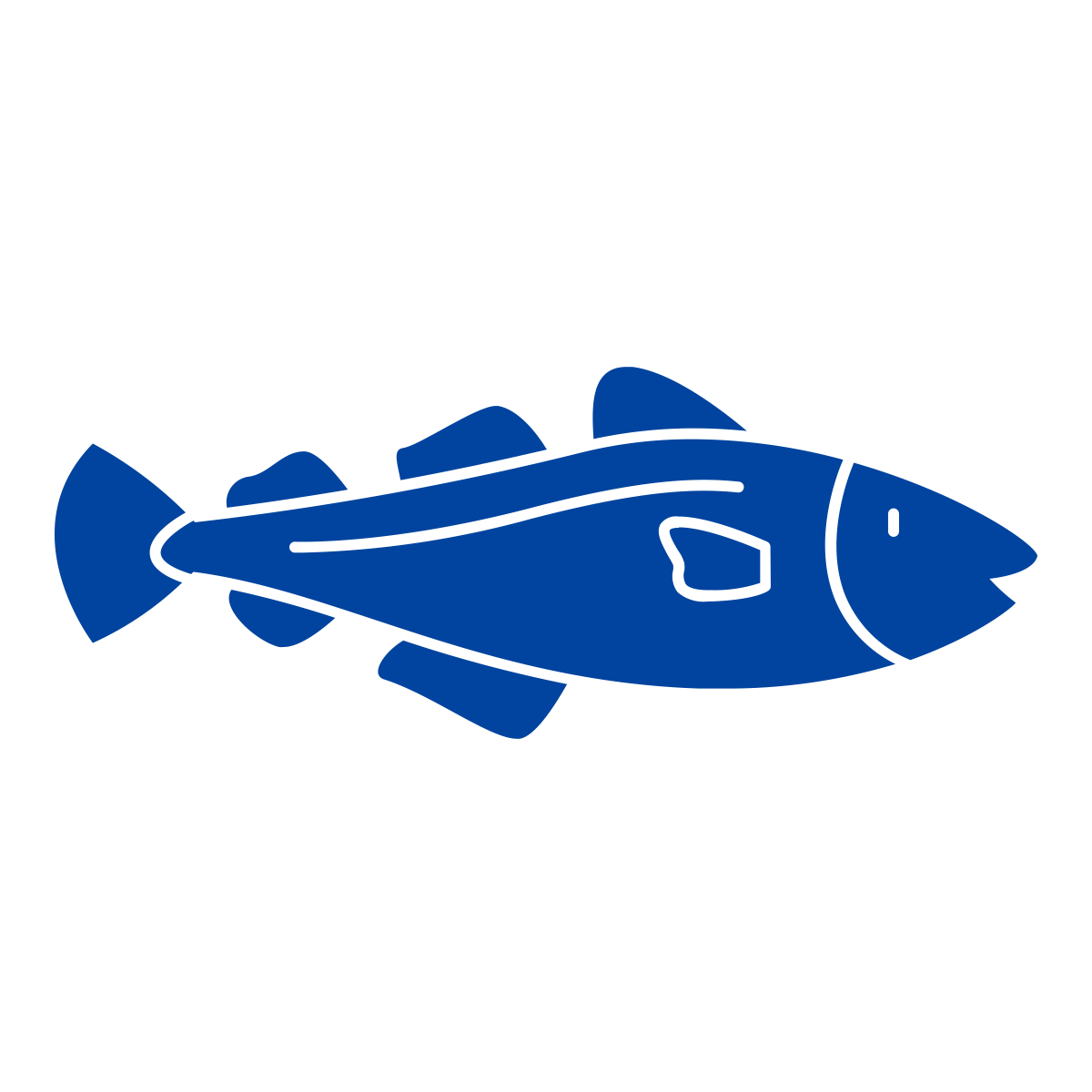
Oceans Protection
Support the government as they assist communities in identifying habitat to protect and developing the strategies to protect them
Blue Economy
According to the World Bank, the blue economy is the “sustainable use of ocean resources for economic growth, improved livelihoods, and jobs while preserving the health of ocean ecosystems.” Investment in the Blue Economy is soaring, and many sectors are set to grow exponentially by 2030: offshore wind by as much as 8,000 percent, and aquaculture and fish processing by over 300 percent. The potential for food, jobs and renewable energy production is enormous.
But alongside these rewards come huge risks, from environmental degradation to unsustainable practices. We must ensure that our actions do not come at the cost of ocean health. YKAN is working with Indonesian communities to implement management of water-based natural resources to support sustainable development.
Sustainable Fisheries
Indonesia is the world’s second-biggest producer of wild-caught fish, with an annual catch of seven metric tons, which is seven percent of the world’s catch. It is the world’s leading producer of yellowfin tuna and tropical snapper and a hot spot for coral reef diversity.
According to the UN Food and Agriculture Organization, 85 percent of global fish stocks are “overexploited, depleted, or recovering from depletion,” while illegal fishing costs coastal nations up to $25 billion a year. In Indonesia, YKAN focuses on deep-water grouper and snapper, tuna, and near-shore, shallow-water fisheries, the latter having the most diverse kinds of fish. YKAN, in fact, is the organization with the most knowledge about snapper in Indonesia. Our vision is to contribute to a healthy ocean ecosystem that provides sustainable livelihoods.
Coastal Resilience
Being the world’s largest archipelagic country, Indonesia has a huge amount of coastline. However, many of the country’s coastlines are vulnerable to degradation, development and climate threats, and the potential economic loss from these coastal sectors can reach hundreds of billions of dollars.
YKAN is currently working with over 20 villages on their vulnerability assessments that will help us develop recommendations for climate adaptation strategies to be incorporated into their village plans. These strategies can then be scaled up to other regions where we work.
Oceans Protection
Already, YKAN has supported the Indonesian government to establish over 5 million hectares of marine protected areas (MPAs), and we are continuing to support the establishment and improved management of more MPAs. We are currently working in four MPAs in the eastern part of Indonesia in what is called the Coral Triangle: West Papua, South East Sulawesi, East Nusa Tengara and East Kalimantan. The Coral Triangle contains 75 percent of the world's coral species, which is nearly 600 different species. And over 2,000 different types of reef fish call the Coral Triangle home. In addition, this area is an important place for tuna to spawn.


